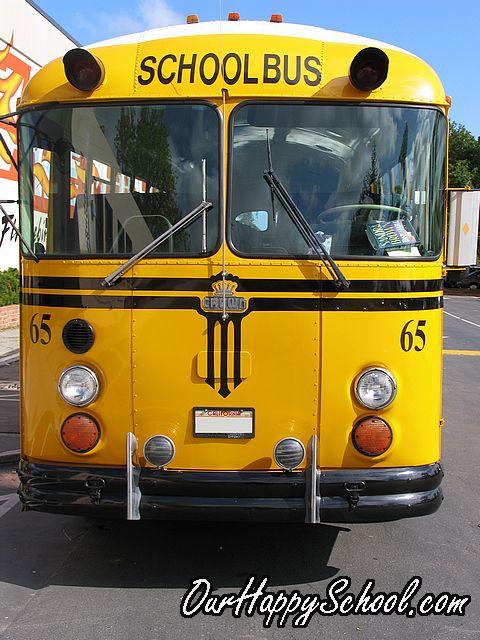Sponsored Links
The School-based Management (SBM) in Philippine Schools

GOOD EDUCATION is not only about physical inputs, such as classrooms, teachers, and textbooks, but also about incentives that lead to better instruction and learning.
Education systems are extremely demanding of the managerial, technical, and financial capacity of governments, and, thus, as a service, education is too complex to be efficiently produced and distributed in a centralized fashion. Thus, the government adopts this innovation to decentralize the authority to the school level. Responsibility and decision-making over school operations is transferred to principals, teachers, parents, sometimes students, and other school community members. The school-level actors, however, have to conform to, or operate, within a set of centrally determined policies.
In general, SBM programs transfer authority over one or more of the following activities: budget allocation, hiring and firing of teachers and other school staff, curriculum development, textbook and other educational material procurement, infrastructure improvement, setting the school calendar to better meet the specific needs of the local community, and monitoring and evaluation of teacher performance and student learning outcomes. SBM also includes school-development plans, school grants, and sometimes information dissemination of educational results (otherwise known as ‘report cards’).





Add new comment